Updating the operating system to iOS 14.5 was a big topic. With it came a new obligation for developers. Before they start tracking your behavior in any way, they must display a request in which the user may or may not allow the tracking and provision of data for the display of targeted advertising. And many of us used the do-not-track option. Advertisers had to react to it. They are now channeling their funding into Android advertising.
App tracking transparency is intended as a way to allow users to maintain their privacy on the Internet. Of course that's good. But it has also been seen as a problem for marketing companies in limiting how they can target users with their ads, which of course make money. A few months into the system, advertisers appear to be changing the way they spend their marketing dollars. They probably had nothing else left.
It could be interest you
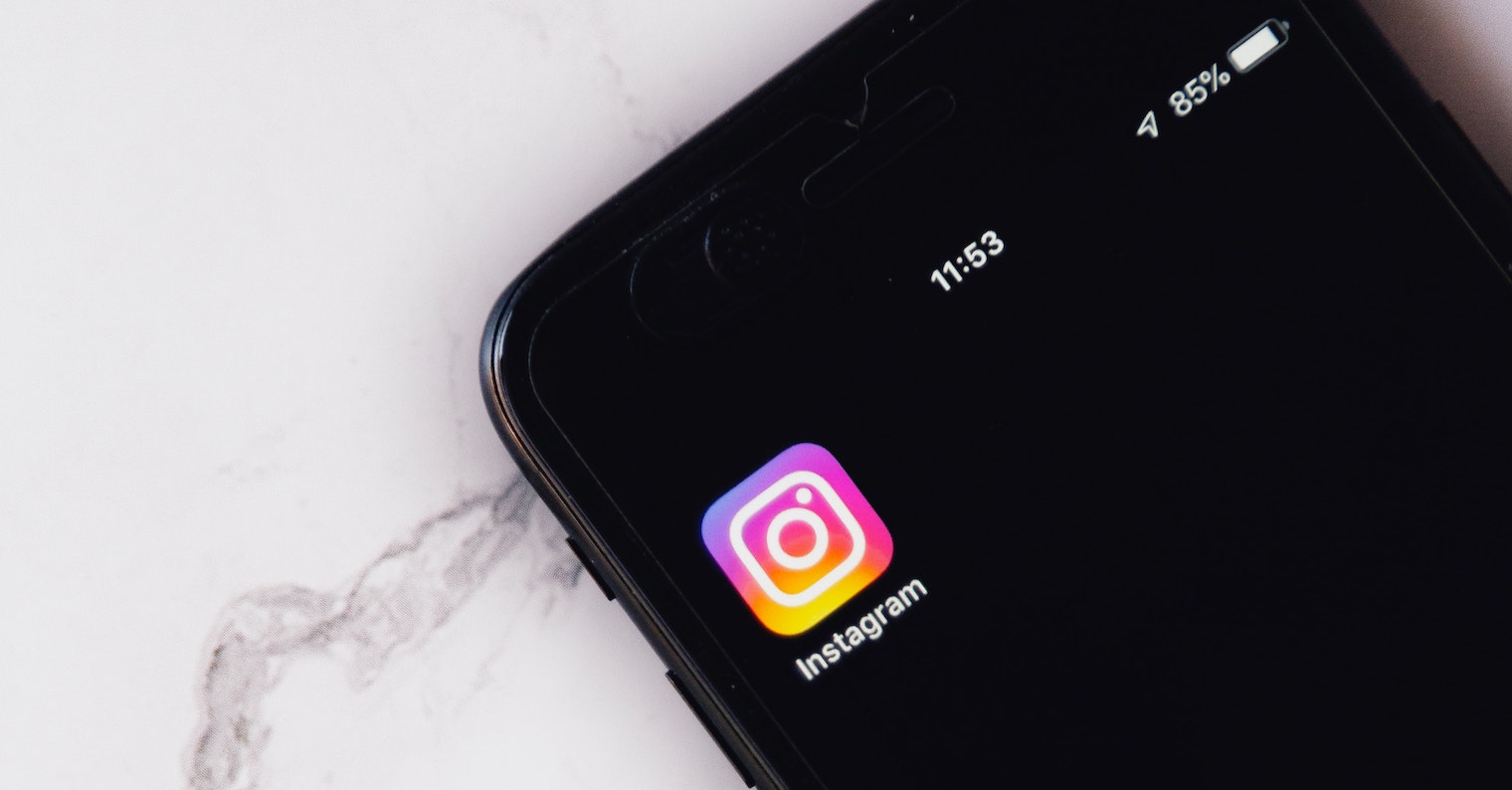
Android is in vogue
According to data from advertising analytics firm Tenjin provided to the magazine The Wall Street Journal, spending on iOS ad platforms dropped by about a third between June 10st and July 46st. Meanwhile, advertising on Android platforms increased by around 64% at the same time. This is due to the fact that advertisers could not apply their targeted advertising on iOS, so logically the demand for targeted advertising on Android devices rose. This increased year-on-year from 42% to 25% between May and June. Within the iOS platform, this is a year-on-year decrease from XNUMX% to XNUMX%.
Of course, it also affects prices. Advertising on Android is thus already 30% higher than that displayed within the iOS system. According to the survey, less than a third of iOS users sign up for monitoring, which significantly limits the number of user devices that can be monitored using applications. In other words, this practically fulfills Apple's goal, which is exactly what he wanted - for the user to decide who to give his data to and to whom not. Now it can be seen that many users simply do not want to share them. But does it really have any effect?
It could be interest you
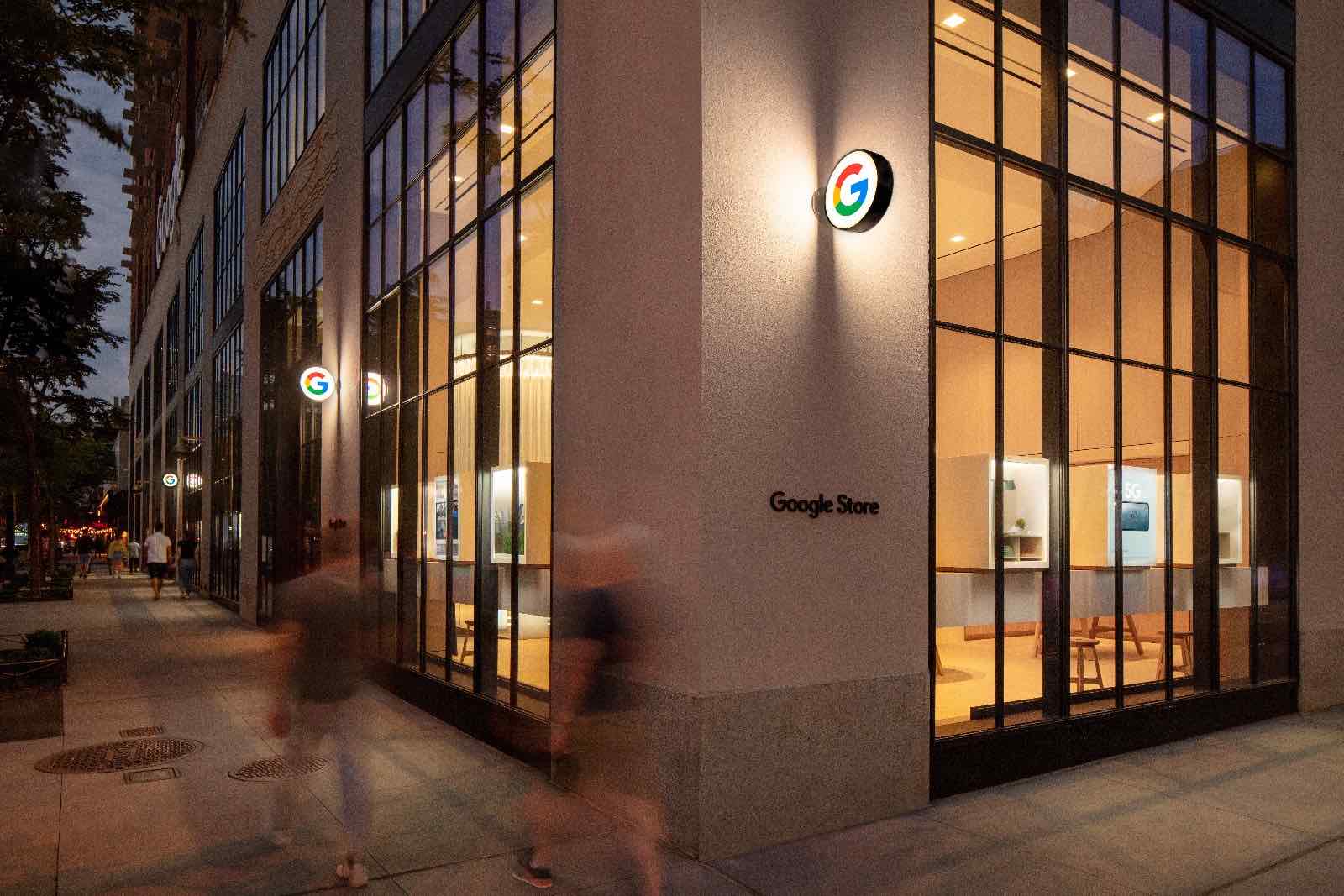
To allow or not to allow, that's what it's all about
I do not know myself. We already have the iOS 14.6 operating system here, and from my own experience I have to say that I don't notice any effect. Although I have an offer Allow apps to request tracking turned on, I usually don't enable it, that is, I simply don't give the app permission to track. There are of course some exceptions, but for example I have Facebook disabled from this, while it boldly shows me ads that I think it shouldn't. But that's again about the connection with the use of the desktop version, or it's just catching up with what I solved months ago and Facebook simply still remembers it.
It is necessary to take into account the fact that this will not hide possible advertising. Rejection will only have the effect of making the displayed ad completely irrelevant. I'm still fighting a bit of an internal battle in this regard, if I really want to see a completely misguided ad, or if I'd rather see one that I might actually be interested in. So it is perhaps still too early for a personal evaluation, in any case, my opinion so far is that, at least for the users around it, it was perhaps too much of an unnecessary halo. Advertisers have it worse, of course.
 Adam Kos
Adam Kos 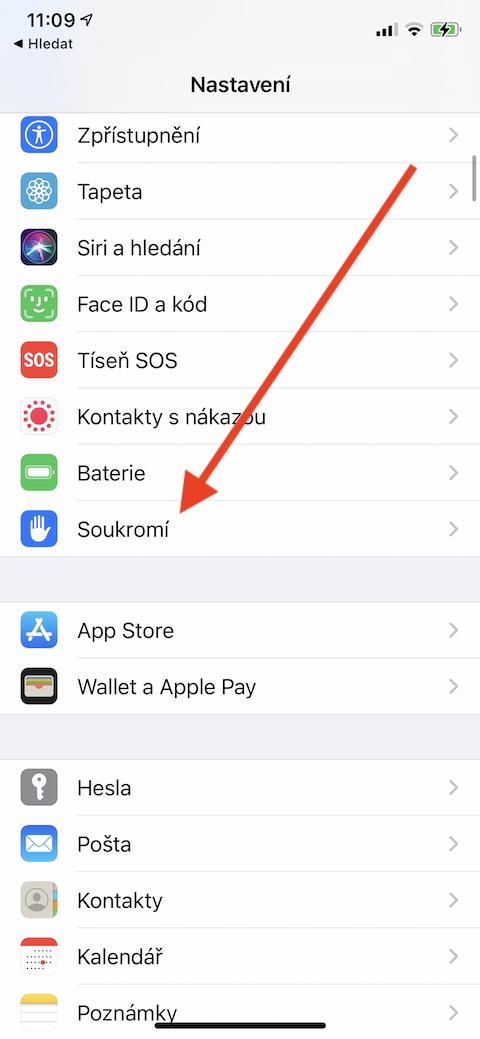

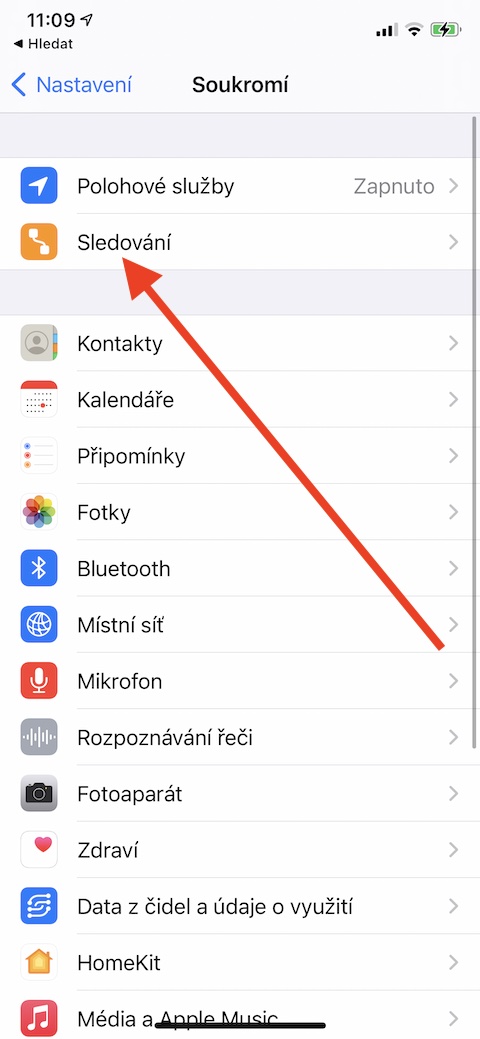
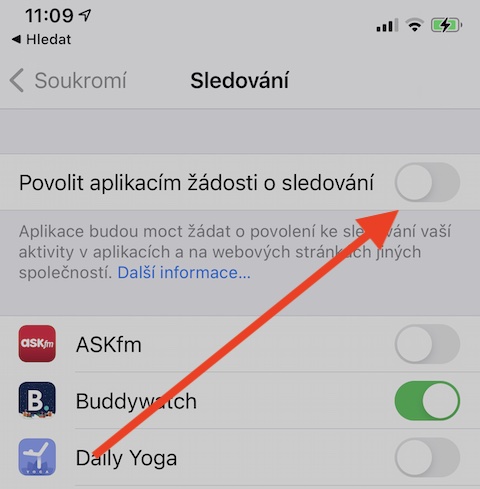
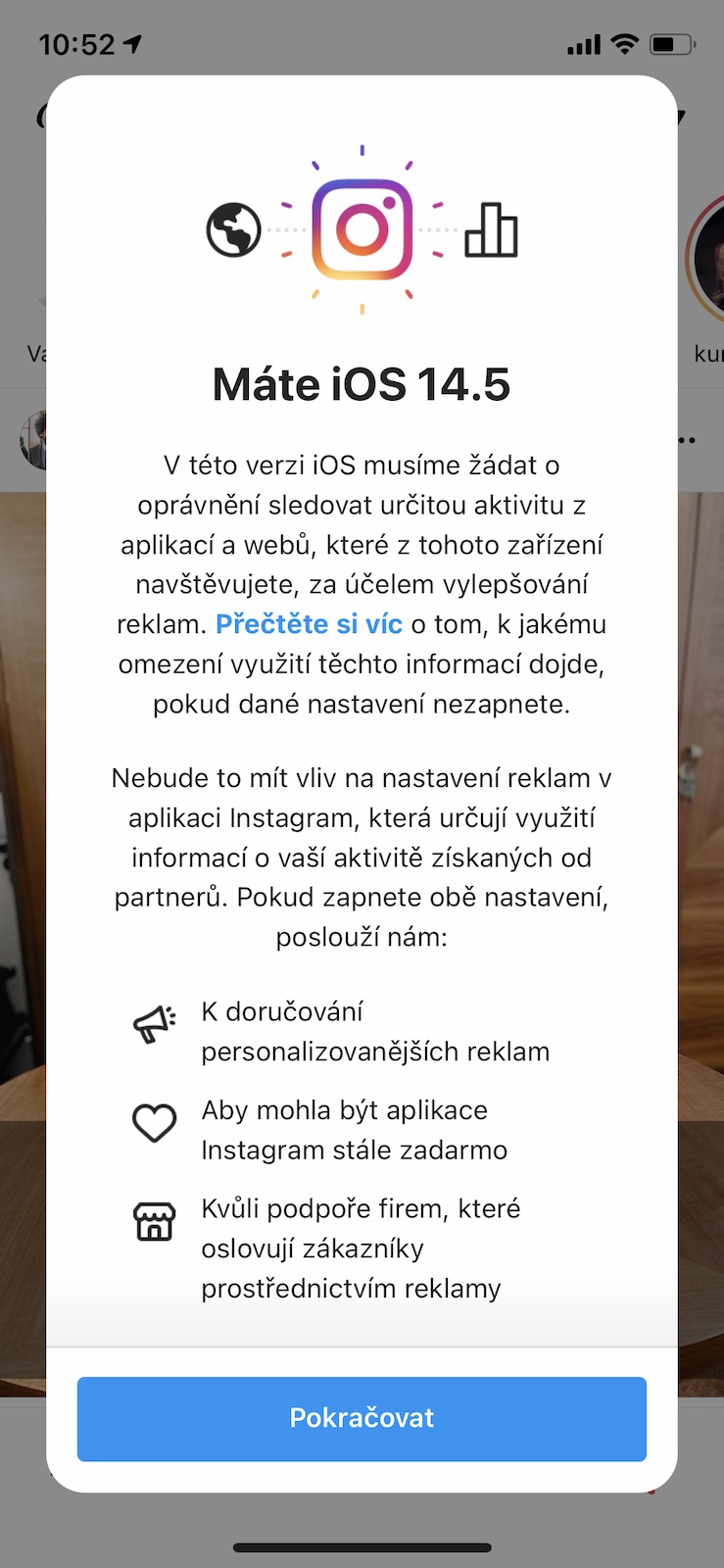

Personally, I have a VPN set to Estonia and the ads leave me completely cold because I have no idea what is being written and talked about there.